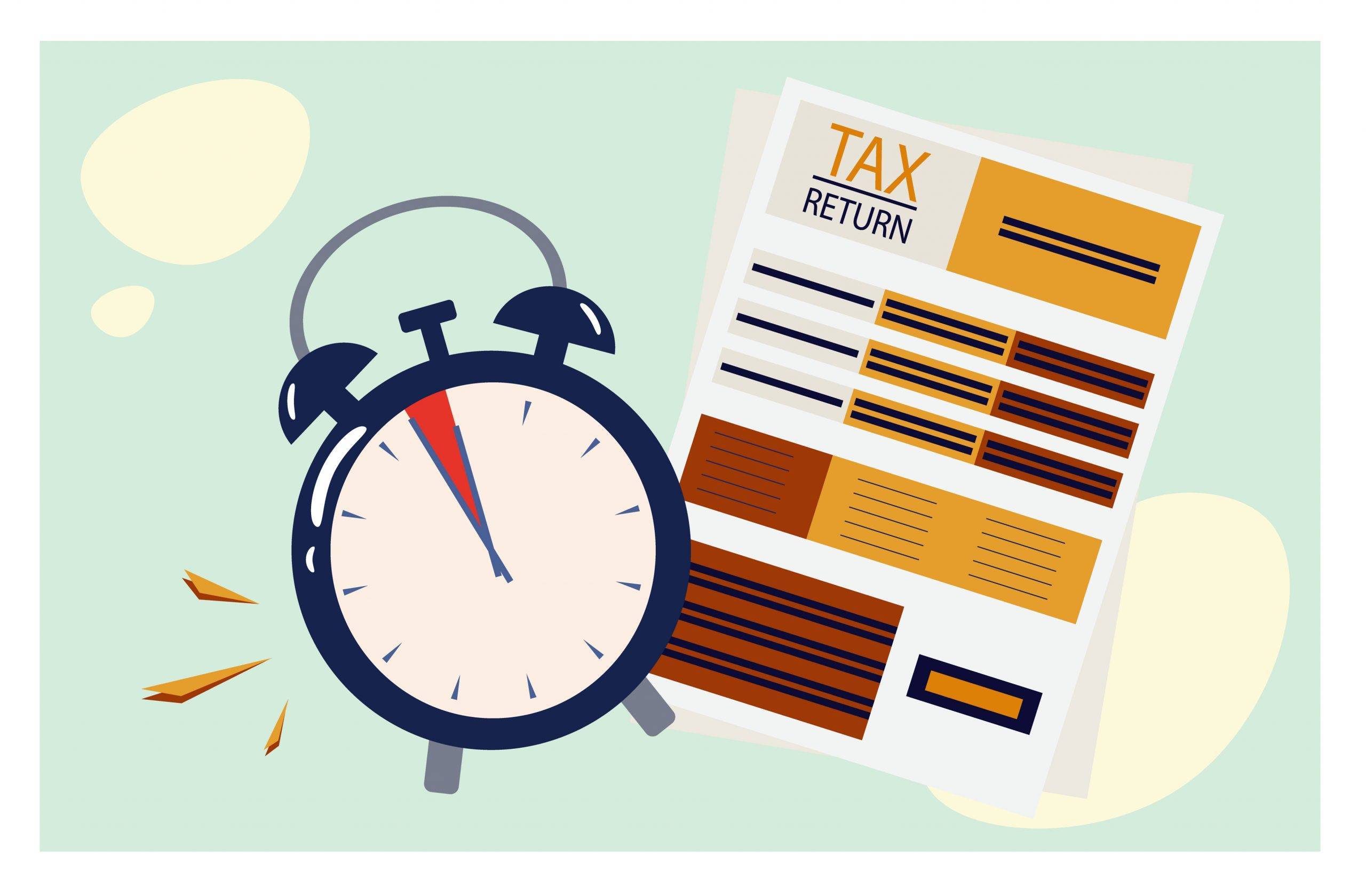Most U.S. taxpayers “completely agree” (68%) or “mostly agree” (26%) that paying their fair share of taxes is a civic duty.1 However, no one wants to pay more than his or her fair share. To help avoid doing so, consider addressing some important priorities before you begin filling out your tax forms.
Here are some steps that might help reduce stress when preparing your return.
Create an online account with the IRS. In addition to making it easier to review important tax information from previous years, an online IRS account provides a secure platform for reviewing the total amount you owe, making payments, responding to third-party tax information authorization requests, and more. Your balance is typically updated each night, and the service is available seven days a week, which makes it a good resource if you don’t have easy access to hardcopies of previous returns. Visit irs.gov for more information.
Organize paperwork for all sources of income. Completing a tax return can be stressful enough without having to search for supporting documents, so at the outset gather records of all taxable income you earned during the year. If you are unsure whether income is taxable, review IRS Publication 525,Taxable and Nontaxable Income. For example, if you received income in the form of a valid check during2021 but did not cash the check until 2022, you must still include it on your 2021 return. Other forms of taxable income include workplace bonuses and awards (e.g., goods, services, and vacation trips) and winnings from lotteries and raffles. The fair market value of any “found property” you acquired is also taxable. Found property includes anything you found and kept that did not belong to you but is now in your “undisputed possession.”
Determine whether you qualify for disaster relief. If your home or business is in an area that was affected by a natural disaster, the IRS may extend deadlines for filing returns and paying taxes. To determine whether you qualify, consult the Tax Relief in Disaster Situations page on the IRS website.
Filing your taxes doesn’t need to be an annual exercise in frustration. This year, consider simplifying your financial life by doing some basic pre-planning. Before you take any specific action, be sure to consult with your tax professional.
1) Internal Revenue Service, 2021







